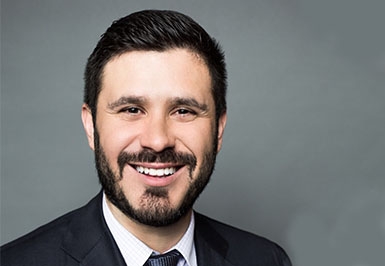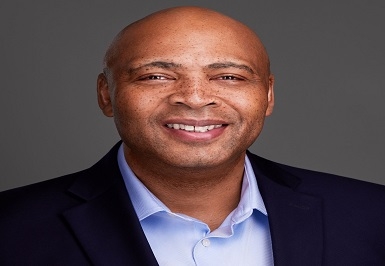Thinking Through Donor Appreciation Events During the Continuing COVID-19 Pandemic
 Rafael Magaña
Rafael MagañaWith the trajectory of the COVID-19 pandemic still uncertain, fundraising professionals are in a quandary about resuming events and activities designed to cultivate and thank donors. Trying to figure out what the situation will look like one or two or three months out is nearly impossible. Here are some practical suggestions development officers should keep in mind as they contemplate scheduling a donor-appreciation or fundraising event.
Consult Your Key Donors
The simplest way to gauge whether the time is right to start holding events is to ask your donors how they feel about the idea. Asking has the added and important advantages of giving you not only an additional touch point for cultivating donors, but also an opportunity to flatter them by seeking their opinions. But the real reason is to obtain the guidance you need to know whether holding an event is worth the time and expense.
Ask the Right Questions
Know what you are going to ask before your reach out to donors by phone or email. Your script should follow four parts:
• Thank the donor for her time and willingness to advise you.
• Briefly describe the event you have in mind, including when and where you plan to hold it.
• Ask if the donor would attend such an event during the current situation. If the answer is "no," follow up by asking if there is any precaution your organization could take that would change the "no" to a "yes." It is very important to be respectful and non-judgmental of what the donor tells you. Your job here is to listen.
• Reiterate your thanks, and ask if there is anything else the donor would like to say about events. The call should end with donor feeling appreciated and their advice valued.
Listen Carefully
Most donors will require very little coaxing to tell you exactly how they feel about attending an event at this time and in the near future. In all likelihood they will say things like, "What a lovely idea, although personally I don't feel comfortable yet mingling with strangers," or "I'm not sure we're ready yet to attend large social gatherings." If you follow up asking them to tell you more, they may say that the virus is still active in your area, or that they expect a resurgence of it in the near future. Some will talk about logistics of social distancing, and profess to be unclear about how drinking, eating, and chatting while wearing a mask is even possible. All of these concerns are well-founded, especially if your key donors skew to an older population. Don't dismiss their comments. Your donors are being honest with you, and are telling you what to expect from them. Keep a record of your conversations; this is especially important if your executive director or board is eager to resume holding events. You will have ample evidence that waiting a little longer to resume business as usual is the wisest course of action.
Consider Alternatives
In a way, you have a luxury that does not often come a development officer's way: time and (some) money. With events temporarily off your calendar, the time and funds that would otherwise have been dedicated to planning and executing functions is available for other purposes. Use that time to really think through alternative ways to appreciate donors rather than inviting them to events. Some ideas you might consider:
• Beef up your annual giving report. Consider a special recognition section for donors who have stepped up during the pandemic. With so many worthy causes to choose from, the donors who are sticking with you now are truly deserving of extra appreciation.
• Add donor profiles to your newsletter, website, or Facebook. Interviewing donors for brief, upbeat stories is a great way to show appreciation--and gather research. It's win-win!
• Send short hand-written "thinking of you" notes. Use that freed-up event-planning to send appreciation letters. These note can be brief, three or four sentences, and need only say how grateful your organization is to have friends such as the donor, and that you hope the donor is faring well during this difficult time.
Most of all--relax. The last thing on donors' minds right now is attending your organization's event. They're worried about they and their family and friends staying healthy, and wondering about when life will get back to normal. But while they may be uncomfortable venturing out to attend a social function, they will welcome your outreach to let them know you haven't forgotten them



